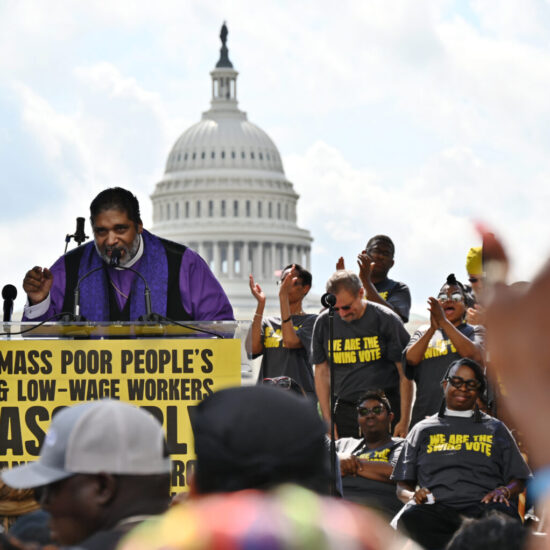I don’t ever recall going to bed hungry. Compared to millions and millions in our world, this makes me a rarity.
Oh, I usually awaken every morning with an appetite. But I do not recall a day when my appetite was not quenched with something, perhaps not with my favorite breakfast or with sufficient quantities to leave me feeling stuffed.
I have gone through times and experiences where schedule — and perhaps school- and job-related responsibilities — altered my eating routine. This made me more than ready for the next meal or snack.
I grew up in a home of modest means, but my mother and father were skilled in frugality. They knew how to stretch a buck. In fact, when I was a youngster, they could stretch a quarter or even a half-dollar (yes, I remember when we still had half-dollar coins). Quite often, Mom and Dad set aside their “wants” and the “wants” of their children to provide the necessary things.
The emphasis in our home was to raise the four children to be God-fearing, disciplined, healthy and able to function when we left the friendly confines of our upbringing.
We knew that our town had people who were considered poor. Looking back, many of the townspeople would have regarded where we lived and nearby as the poor neighborhood, certainly by comparison to other areas of the community.
Probably a half-mile away from where we lived was the local “rescue mission,” where the unemployed and homeless might find a hot meal at least once a day along with a chance to clean up and perhaps secure fresh (but used) clothing. Local clergy and their churches engaged in the helping ministries. We had other “ministries” in town that catered to the daily needs of poor families or poverty-level seniors.
Sometimes in the neighborhood— or at church — an appeal would go out for a family in particular need. The community or the church would readily respond. My parents did.
Seriously, because of some of the benevolent measures in place to help others, we weren’t raised to believe anyone (with rare exceptions) actually suffered from malnutrition in our town or that anyone went to bed at night with chronic hunger pangs.
We were told that there were children in China or Africa who did not have enough food by virtue of where they lived. Except in mission studies at church, those “truths” were ingrained around the kitchen table, where parents might admonish: “Be sure and eat all your vegetables; don’t you know there are children in China (or Africa) who are starving!”
I think the intended positive point of this message was: “Don’t waste what someone else might find to be so valuable — or necessary.”
I suspect we grew up with our proverbial blinders on when it came to human need. Our town undoubtedly had more people who struggled with getting by on less than the basics on a daily basis. Many children did not receive the medical care they needed, with the possible exception of inoculations and exams required for school.
And children were starving in China, and in Africa and countless other nations and regions of the world. That was not just a slogan to make us appreciate our own food and clean our plates, even if saying it served that purpose. Today, modern communication enables us to be intimately aware of the needs of the poor in just about every corner of our cities, states, nation and world.
The world is so advanced today. We can explore the heavens with powerful telescopes, satellites and space endeavors. We can challenge the soil to produce crops that appear to be on steroids and increase yields. We have learned to produce an increasing number of millionaires and billionaires. We have designed computers that can process information — tons of it — in seconds or minutes. As a race, we can accomplish just about anything.
Experts say we (the nations of Planet Earth) produce enough food products to feed the world. We have the ability. We have the resources. Contrary to what we say — even in the faith community — we simply do not have the corporate conviction or the will to eradicate poverty and its debilitating companion hunger.
Likely a child in China, Africa or even my hometown might wish we would really try.
Bill Webb is editor of Word&Way.






